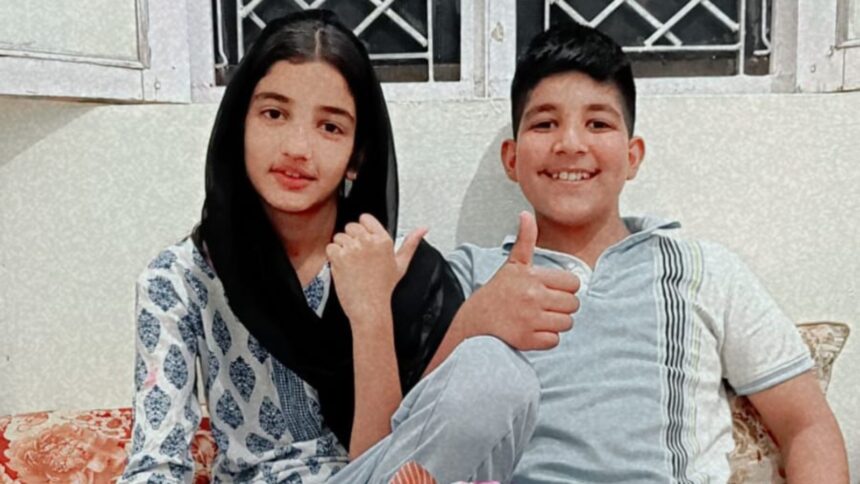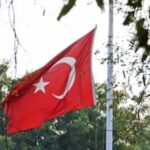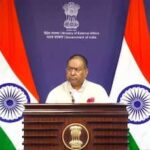Ever since they were born five minutes apart on April 25, 2014, twelve-year-old twins Urba Fatima and Zain Ali from Jammu and Kashmir’s Poonch had been practically inseparable – always looking out for each other, playing and going to school together. In the early hours of May 7, their lives — always so closely intertwined — were tragically cut short in the cross-border shelling from Pakistan.
“They died within minutes of each other,” their maternal uncle Adil Pathan tells .
Urba and Zain were among the 27 – including security personnel — victims of the shelling in and Kashmir while their father, Rameez – a teacher at Government Higher Secondary School at Mandi in Poonch district — was gravely injured. Of the total number of deaths, Poonch, the district which was the worst-hit by the shelling, accounts for 16.
The shelling came amid escalating tensions between India and Pakistan in the aftermath of the terror attack that killed 26 people – mostly tourists but also a local. On May 7, India launched retaliatory strikes on terrorist sites in Pakistan-occupied Kashmir and Pakistan.
The firing, according to authorities, has been indiscriminate, hitting not only places of worship but also two madrasas, Zia-ul-Uloom and Anwar-ul-Uloom. Among those killed is a religious teacher.
Originally from Kalai village some 10 km from the main district headquarters of Poonch, the twins had moved to a rented accommodation in Poonch two months ago with their parents, father Rameez, 47, and mother Ursha Khan — also in her 40s — for a better school, Adil says.
“The children were studying in Class 4 in Poonch’s Christ School and had just celebrated their 12th birthday,” he says.
It was Adil who became their first responder. In the early hours of May 7, he got a call that petrified him – it was an SOS call from the twins’ calling to ask him to take them away from the town.
“When I got to their rented accommodation at 6.30 am, there was heavy shelling. To save time, I called out to Ursha and her family and asked them to come out,” he says.
It was the twins and their father who ran out first, Adil recounts. That was when the shell hit nearby, killing the twins and injuring Rameez.
“Everyone was running for cover. I put all three in my vehicle and took them to the Poonch district hospital, where doctors declared the children dead,” he says.
Meanwhile, Rameez’s serious injuries prompted doctors at the district hospital to send him to the Government Medical College Hospital at Rajouri — and eventually to Jammu’s Government Medical College and Hospital — for specialised treatment.
For Ursha, this is a trying time. Having just laid her two children to rest and before she can even fully grieve, she must now attend to Rameez, who regained consciousness on May 10 – the day India and Pakistan reached a ceasefire agreement.
“Rameez still doesn’t know about the twins’ death. His condition is still serious – there’s a shrapnel in his liver,” Adil says. “Whenever he asks, Ursha tells him that the kids are at their nani’s (grandmother’s).”
Chief Minister Omar Abdullah, who visited Poonch town Monday to assess the damage caused by the shelling, admired the spirit of unity and communal harmony in the border town during the crisis.
Referring to the expanding threat of cross-border shelling, he said: “For the first time, even the old quarters of Jammu have been affected. We are now forced to contemplate building bunkers in the city — something previously unimaginable”.








